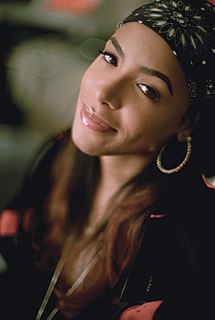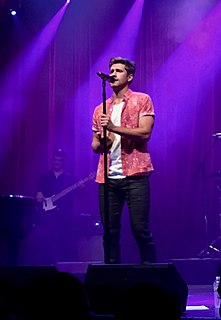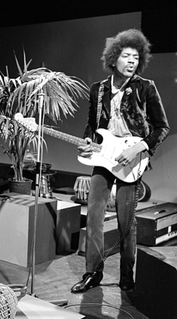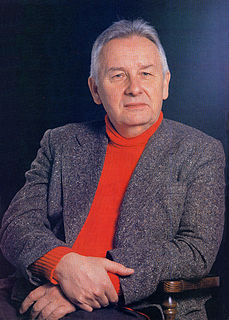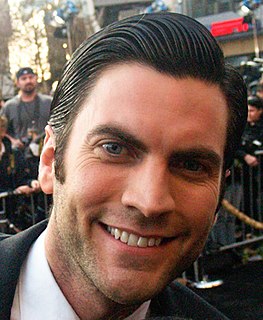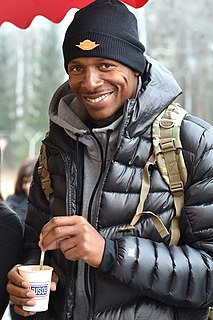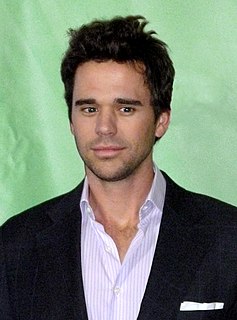A Quote by Aaliyah
I began to work the stage and get the audience into it. I also learned how to have fun out there. It is something I will never forget.
Related Quotes
The stage is that immediate rush of energy you get from the audience. Also, doing something in chronology - something that starts and finishes the same night. In television, you work toward the one scene, you shoot it, and then you have to forget about it because you have to worry about the next scene.
Once you go on stage you're essentially creating the world that people want to participate in. The worst thing you can do is go out on stage with the idea that you're going to communicate something you've learned and if you do it really well, they'll approve. If you go out in an approval process, you will be so nervous and so preoccupied you'll never get to the heart of what it is you want to make music with.
That's the thing about stage: It's something you can't find anywhere else. It's a two-and-a-half, three-hour experience, and it's a real relationship. You're sending out energy from the stage, but the audience is giving you back so much also, so that's also lifting you and pushing you forward as you're performing and giving you so much energy. You can't find it anywhere else, and that's why people get addicted to being on stage, and when they're not on stage are kind of looking for that and constantly searching for it.
I shall never forget Juliek. How could I forget this concert given before an audience of the dead and dying? Even today, when I hear that particular piece by Beethoven, my eyes close and out of the darkness emerges the pale and melancholy face of my Polish comrade bidding farewell to an audience of dying men.
.. I get more of a dreamy thing from the audience - it's more of a thing that you go up into. You get into such a pitch sometimes that you go up into another thing. You don't forget about the audience, but you forget about all the paranoia, that thing where you're saying, 'Oh gosh, I'm on stage - what am I going to do now ?' - Then you go into this other thing, and it turns out to be like almost like a play in certain ways
I do not choose my listeners. What I mean is, I never write for my listeners. I think about my audience, but I am not writing for them. I have something to tell them, but the audience must also put a certain effort into it. But I never wrote for an audience and never will write for one, because you have to give the listener something and he has to make an effort in order to understand certain things.
A lot of actors will complain about the green screen work, but what you do get to do is what you probably should have learned, from the beginning, on stage. You have to create it in your mind and really go there to bring it. Part of the fun of acting is those challenges. You feel goofy, but sometimes that's a good feeling.
I trained in martial arts and wanted to become a UFC fighter. That was my goal. I only really learned how to dance three weeks prior to making 'Step Up Revolution.' Dancing will always be fun, but MMA is something I'll never give up. I will eventually get back in the octagon and be fighting professionally again.
Doing this web show - people underestimate what it takes to do a web show successfully. They underestimate the amount of work that you have to do to get it to your audience after it's made. I think you have to work so much harder, especially if you don't have a huge budget. You have to know how to get your audience engaged, because the Internet is so distracting, and there are so many choices. People, even if they love your show, will forget to go back for episode four, because you know, people are busy.
In my ninety-plus years, I have learned a secret. I have learned that when good men and good women face challenges with optimism, things will always work out! Truly, things always work out! Despite how difficult circumstances may look at the moment, those who have faith and move forward with a happy spirit will find that things always work out.
